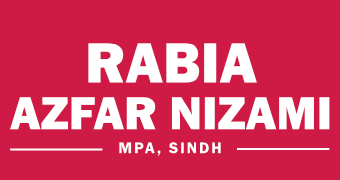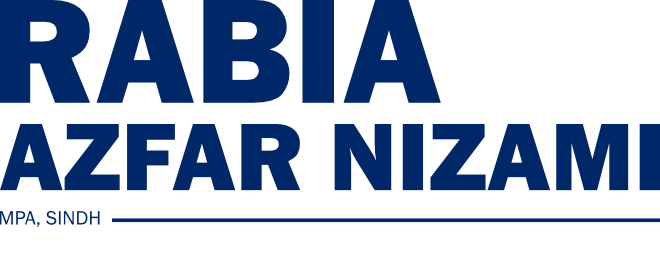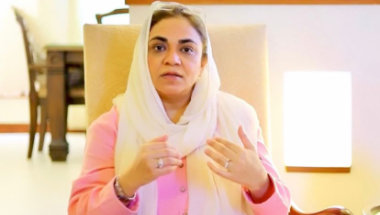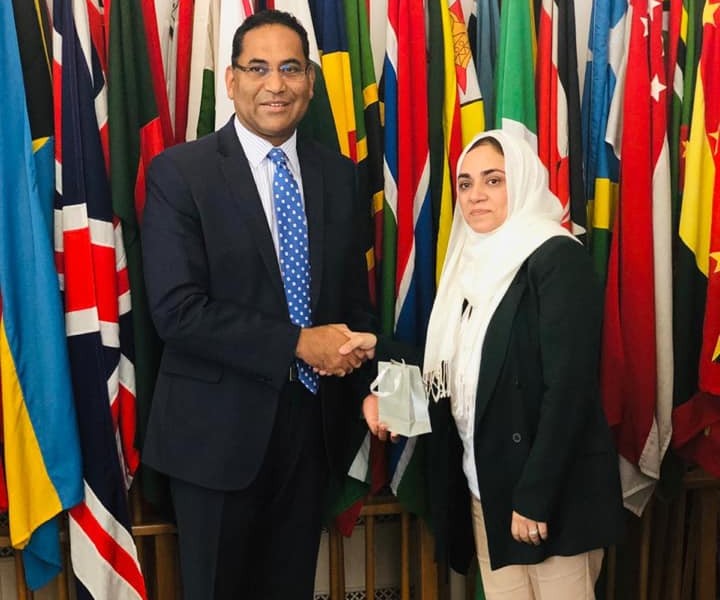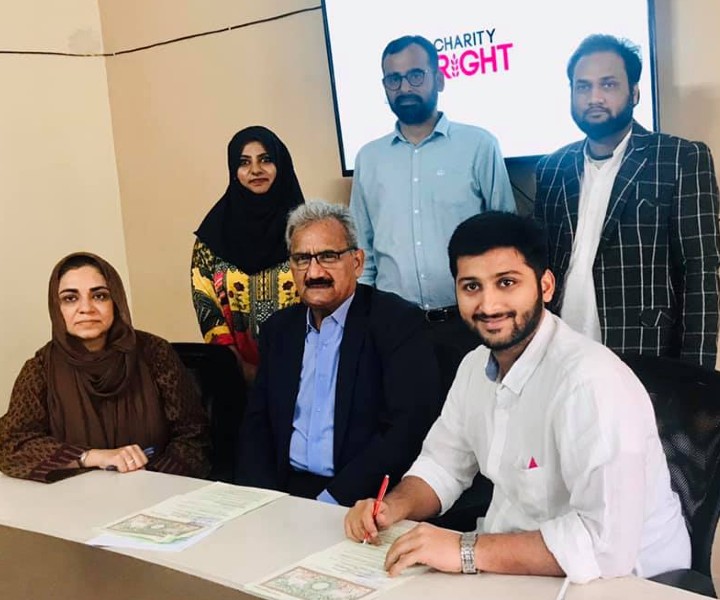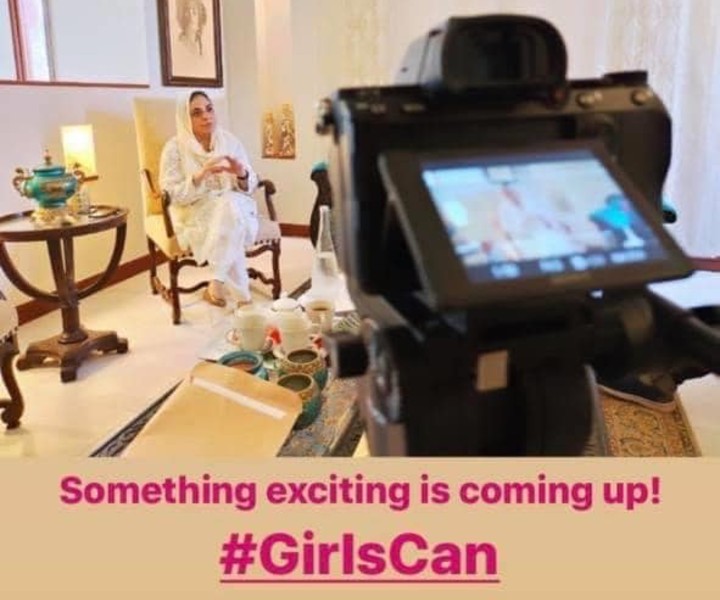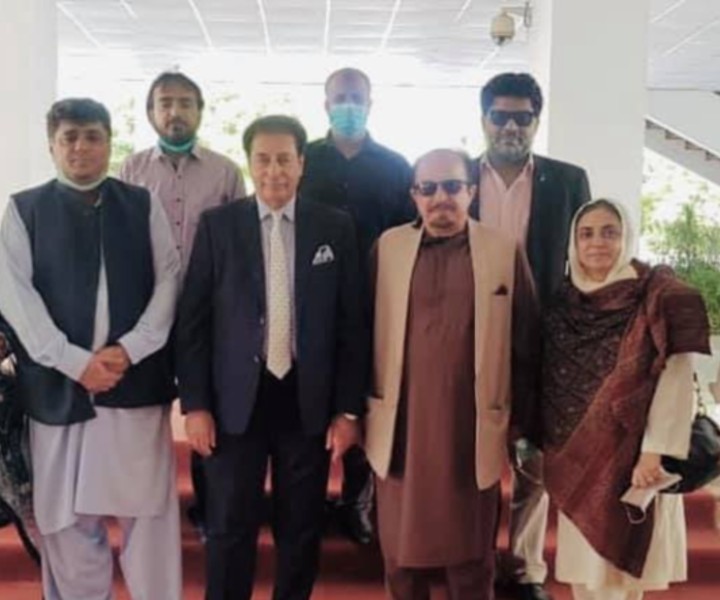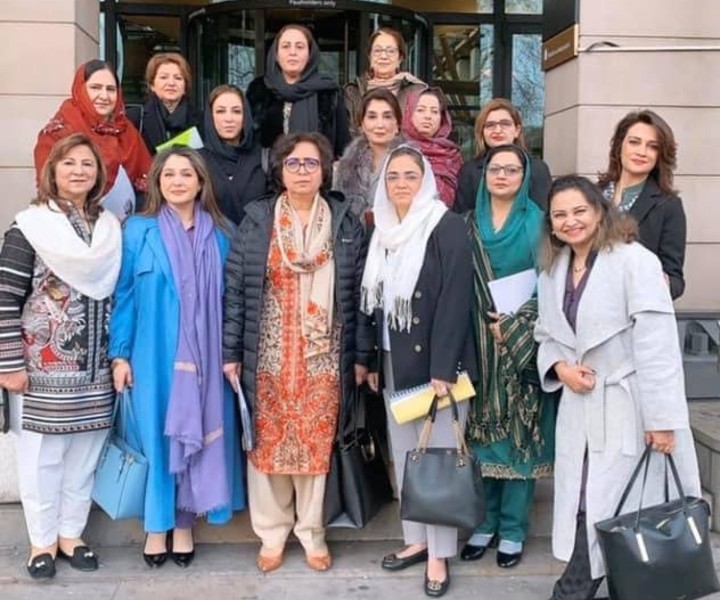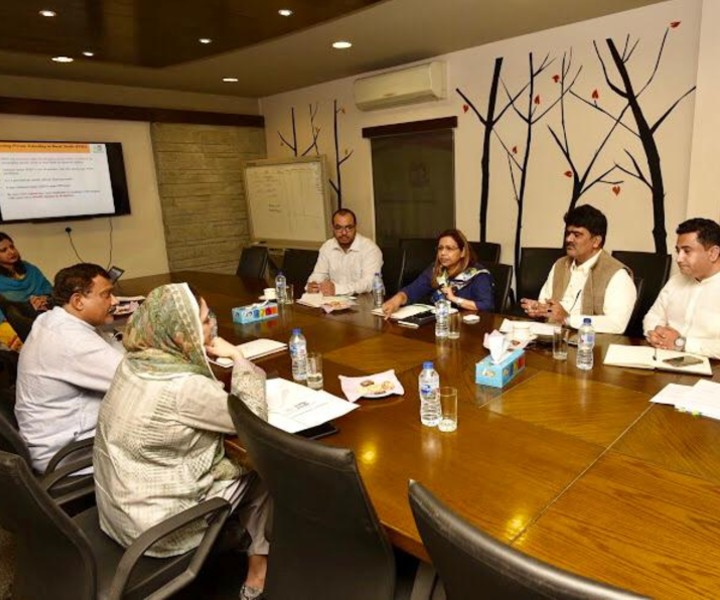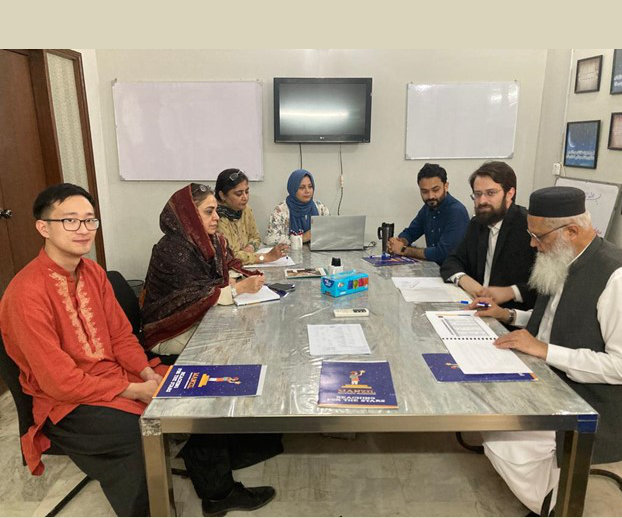Focus Areas
Focus Areas
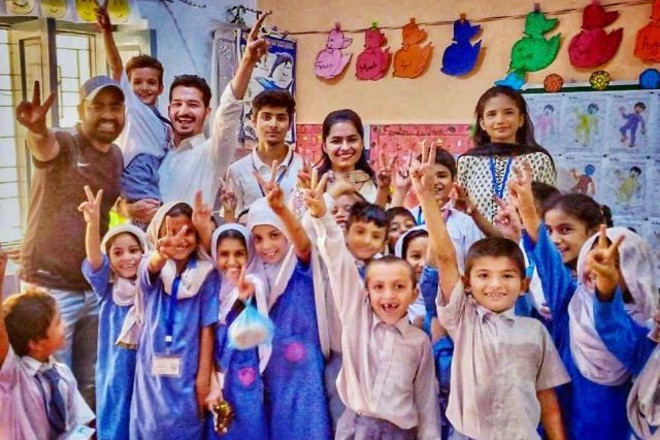
Child Rights
The Sindh Darul Atfal (Supervision and Control) Act was promulgated in 1976, and is generally called the orphanage law. The law was aimed at regulating orphanages in the province but its implementation was never enforced. There is not a single orphanage registered under the Sindh Darul Atfal (Supervision and Control) Act, 1976, and the Sindh government has no details of the orphanages in the province.
As a board member Rabia Azfar raised her voice at many platforms especially in the assembly for these children’s rights. After two years of struggle as Board Member of Sindh Orphanage she had no choice but to file a Constitutional Petition, to give a wakeup call to The Sindh Social Welfare Department. This was to ensure that all orphanages operating in Province should be registered under Sindh Orphanage Act and comply with the registration guidelines, mainly registration of every orphan child with NADRA. No adoption was to be without Magistrate, ensuring audit of accounts and the right to education through formal education system.
A study carried by an NGO ‘SAHIL” working child protection confirmed that child sexual abuse rate in Pakistan is 8 children per day. According to the report 497 children were sexually abused. The report said that in all those cases 32% were reported in Sindh.
As a legislator Rabia Afar submitted around 15 bills for child rights so that these rights can save them from abuse. She is holistically working on child abuse cases and also raising her voice on the social media and in the assembly. She is the first legislator to use social media platforms to educate masses about child rights and legislation related to child rights. She educated people to use 1121 helpline to report child abuse cases.
When Rabia Azfar become MPA the fate of the street children became one of the core issues that she started dealing with. Over 50,000 children are living on Karachi’s streets and many amongst them are involved in criminal activities.
She introduced an amendment in Child Protection Authority Bill to add street children in bill’s definition which clearly made street children a part of Child Protection Authority Act 2011.
In March 2021 she submitted Anti Beggary Act 2021 for the rights of children who are becoming beggars and face abuse on a daily basis.
In Pakistan, 13 million children are involved in child labor. In Sindh alone, four million children work as laborers in different sectors and at least 1.8 million children work as labor in the agriculture sector. A law was passed in Sindh on January 26th, 2017, that made child labor illegal. The Sindh Prohibition of Employment of Children Bill banned children under the age of 14 from working while also setting a three hour per day rule for those children that may be required to work despite the ban. The children are the future of this country and if we cannot save them, we may not be able to save the country.
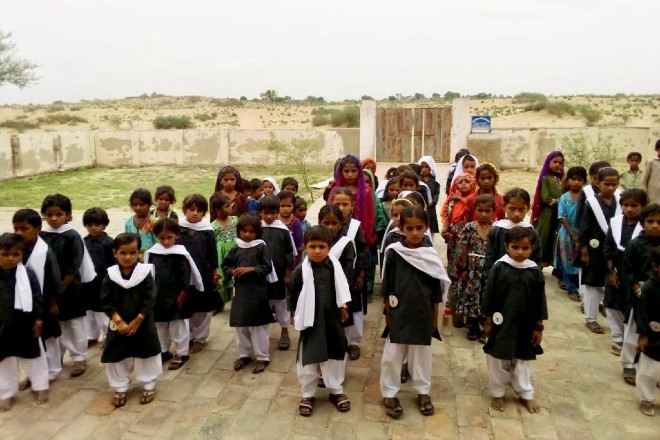
Education
Education is the fundamental right of every child irrespective of gender. Education should be accessible to everyone but In Sindh the education situation is miserable, as 69% of the schools are working without one or more essential facility.
The province is home to around 6.7 million out-of-school children and 11,441 schools have no enrolment at all. 90% teachers of government schools were Arts teachers and 10% were science teachers. 40,000 teachers had been trained on tax payer’s money, yet they had not shown any visible changes in their teaching methods.
Rabia Azfar wrote dozens of letters to CM Sindh and Education Minister for different issues. She not only highlighted those issues but also presented those suggestions in the assembly. She raised her voice for cluster mapping many times. Through cluster mapping we can combine schools, remove abandoned schools and give more budget and teachers to functional schools, hence improving them in all aspects. She also raised her voice for visually impaired (blind) students, as there are approximately 350000 visually impaired people in Sindh and majority of the students are unable to appear in exams. She stood with IBA HM and submitted a resolution for them. Rabia Azfar is currently serving as a member of The Steering Committee of Education.
Rabia Azfar is working with Insaf Community and Welfare Services and has adopted 3 schools in Karachi and one school in tharparkar. They provided basic facilities like uniforms, and educational material to the schools. Tharparkar School was the most challenging when she first visited village Jogivero of Tharparkar. However she promised the Children of Dahili, Tharparkar that she would reopen their School. It is a difficult terrain and also a long term commitment but with the support of ICWS team Rabia Azfar and her team opened the school in August 2019. In 3 days the school got 45 students enrolled and school supplies, including exercise copies and stationary items were provided. After that they arranged desks, uniforms and sweaters for the students. Gradually the enrollment increased and currently there are 100 students and two teachers in the school.
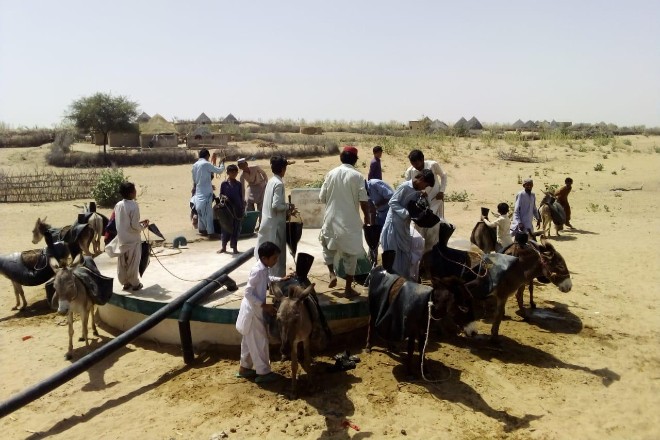
Tharparkar
Tharparkar a district with a population of 1.6 million is a major revenue generator for Pakistan, however its inhabitants are deprived of basic facilities like clean drinking water. Only 47% of the population has access to drinking water, wells are far less than the required demand and 60% of households wait their turn for hours. Sadly 30%of the households spend more than Rs 30/ for two buckets of water and about 44% of households in Tharparkar have no toilets.
Tharparkar has a total of 3934 schools but majority of the schools are non- functional due to non-availability of budget and teachers. Dahili, Kaloi and Nagarparkar do not have girls schools and the boys schools are in a pathetic condition.
Dahili, Tharparkar Water Project – a commitment to Jogivero and adjacent villages for water.
“There is strange comfort in knowing that no matter what happens today, the Sun will rise again tomorrow.” is the Hope of Dahili Taluka, Tharparkar District.
Dahili which is at a seven miles drive from Karachi, close to the Indian Border has no NGO and very serious issues related to supply of power and water, for which they need immediate help. With the help of ICWs we made a 10,000 gallons storage capacity water tank, which is helping around 300 families overcome water borne diseases. This water line covered a population of 1000 plus people which includes Jogivero and surrounding villages. More than 2000 cattle (goats, sheep, camels, cows) are also benefiting from this facility.
Due to the lack of vision on the part of the Sindh Government Tharparkar is without power, yet Computer Desks have been delivered. There are places in Sindh with Zero Literacy yet they take huge pride in having had the first female Prime Minister.
Tharparkar has three taluqas but there is not a single school for girls. Some village have 40 to 70 schools but there has been no budget allocation as yet, hence there are no teachers.
Rabia Azfar raised her voice in her speeches in the assembly and on talk shows, wrote several letters to the Education Minister, where she suggested doing cluster mapping, which is a solution to the scattered population of Tharparkar.
Rabia Azar adopted a school in Dahili, Tharparkar as a model school. It is a difficult terrain yet Rabia Azfar and her team opened the school in August 2019 and in 3 days the school got 45 students enrolled. They arranged school supplies including exercise copies, stationary, desks and even uniforms. The process of enrollment increased and currently there are 100 students and two teachers in the school.
Latest Updates

Leadership. Experience. Values.
Ex-Member Provincial Assembly Sindh
About Rabia
With 26 years of experience across Sales, Operations and Service Delivery in the IT and Telecom Industry along with the exposure of Public Sector because of my engagement in Education related projects in non profit setup and as MPA in Sindh.
I am committed to do the advocacy to strengthen Education System especially for girls as they should be the center of priority for nation to move to prosperity. This cannot be achieved without a strong commitment and requires lots of funds to build sustainable education system.
